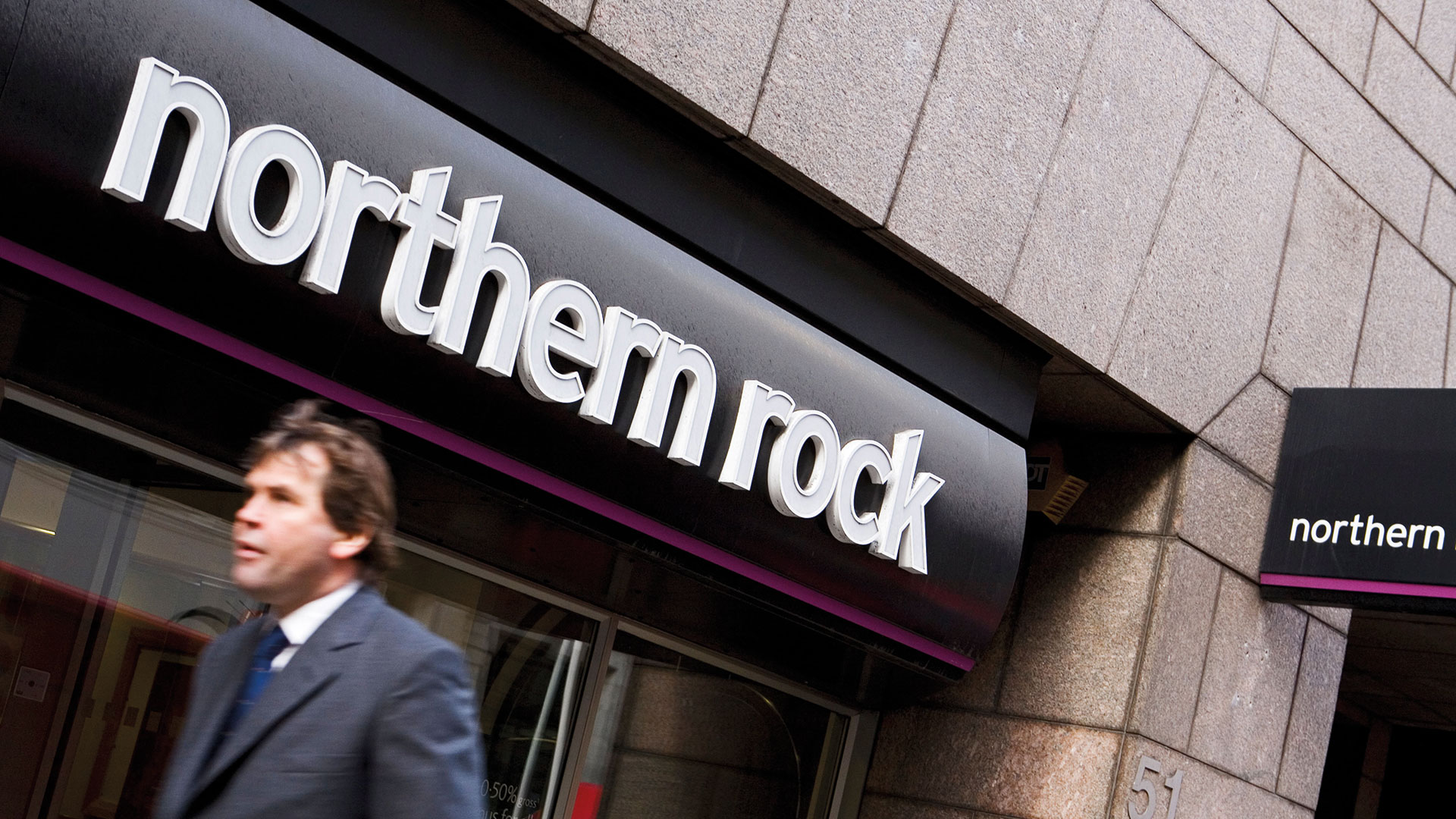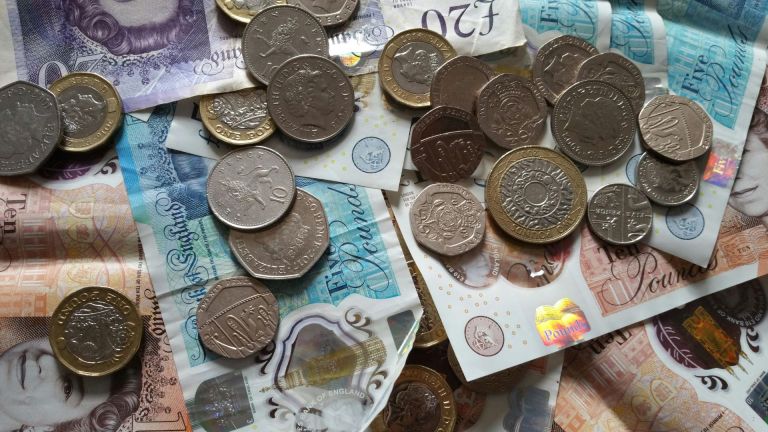It was 10 years ago last month that saw the collapse of Northern Rock, and the first run on a bank in the UK since 1866. Savers lost thousands, house prices tumbled and what followed was a decade of bailouts, recession and austerity.
The financial crisis uncovered the truth that the banking system isn’t working for most people. Current customer satisfaction rates with high-street banks continue to be low, and challenger banks are nipping at their heels.
At its core, a bank is a simple institution. Its basic activity is to take someone’s extra money and divert it to others who need money to do something productive. That flow of money creates economic activity that generates an income for the borrower, the bank and the original saver. By and large, banks – including many of the new tech challengers – have just chosen to lend money to the person or organisation that will prioritise profits over everything else.
In 2016 we funded initiatives that created enough clean energy for about 1.2 million households
Good Money Week is about making money work for everyone. Across Europe, Triodos Bank makes sure that our activity generates positive social and environmental returns. Last year, we funded initiatives that created enough clean energy for about 1.2 million households, enough organically managed land for roughly 32 million meals, and enough support to cultural venues for about 13.7 million visits.
This type of banking is also much more stable. In 2008, UK banks were bailed out to the tune of £50bn, and some have yet to return to profitability. In contrast, Triodos Bank has seen a stable and healthy financial return in each of these years, with a balance sheet that has grown at five per cent or more each year.
This is because our banking model is entirely linked to real people and organisations. Rather than borrowing from volatile financial markets, we only lend out money that our customers have deposited with us. Rather than profiting from the ups and downs of global finance, we only lend to real organisations making positive impact.










